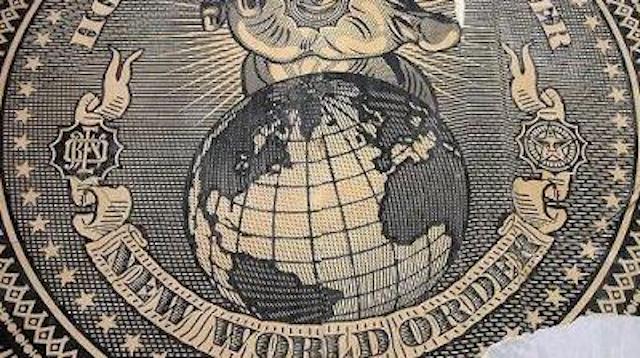 The world is witnessing a profound transformation in the global order, characterized by a shifting balance of power, evolving alliances, and emerging challenges. This paradigm shift, often referred to as the “New Global Order,” encompasses a wide range of political, economic, and social changes that are redefining the dynamics of international relations. In this article, we will explore the key aspects of this new order and examine its implications for the future.
The world is witnessing a profound transformation in the global order, characterized by a shifting balance of power, evolving alliances, and emerging challenges. This paradigm shift, often referred to as the “New Global Order,” encompasses a wide range of political, economic, and social changes that are redefining the dynamics of international relations. In this article, we will explore the key aspects of this new order and examine its implications for the future.
1. Multipolar Power Distribution:
The New Global Order is characterized by a move away from the previously dominant unipolar structure toward a more multipolar power distribution. The United States, long considered the sole superpower, is facing increasing competition from rising powers such as China, India, and regional blocs like the European Union. This multipolar system fosters a more balanced distribution of influence and decision-making on the global stage.
2. Economic Interdependence:
In the New Global Order, economic interdependence plays a crucial role in shaping international relations. The expansion of trade, investment, and technological advancements has interconnected economies like never before. Globalization has allowed countries to become increasingly reliant on each other for growth and development. This interdependence brings both opportunities and challenges, necessitating collaborative approaches to address common concerns.
3. Regionalism and Supranational Organizations:
Regionalism has gained prominence in the New Global Order as countries seek to strengthen ties within their respective regions. Regional organizations like the Association of Southeast Asian Nations (ASEAN), African Union (AU), and Mercosur are instrumental in promoting regional integration, fostering cooperation, and addressing regional challenges. Additionally, supranational organizations such as the United Nations (UN) and World Trade Organization (WTO) continue to play a significant role in facilitating global governance.
4. Technological Advancements and Cybersecurity:
The rapid advancement of technology has transformed the New Global Order, bringing both opportunities and risks. Technological breakthroughs such as artificial intelligence (AI), blockchain, and the Internet of Things (IoT) have revolutionized various sectors, including communication, finance, and manufacturing. However, these advancements have also given rise to new challenges, such as cybersecurity threats and privacy concerns, requiring global cooperation and regulation.
5. Climate Change and Sustainable Development:
The New Global Order recognizes the urgent need to address climate change and promote sustainable development. Countries worldwide are increasingly acknowledging the interconnectedness of environmental issues and the importance of collective action. The Paris Agreement, signed by nearly all countries, represents a significant milestone in international efforts to combat climate change. Sustainable development goals, outlined by the United Nations, guide global efforts toward a more inclusive and environmentally sustainable future.
The New Global Order signifies a paradigm shift in international relations, marked by a multipolar power distribution, economic interdependence, regionalism, technological advancements, and a focus on addressing global challenges. While this new order brings uncertainties and complexities, it also presents opportunities for collaboration and progress on a global scale. Embracing the principles of cooperation, inclusivity, and sustainability will be essential in shaping a prosperous future for all nations in this evolving global landscape.
~ Sources ~
1. Bremmer, Ian. “The End of the Unipolar Moment.” Foreign Affairs, vol. 89, no. 2, 2010.
2. Rodrik, Dani. “The New Global Economy and Developing Countries: Making Openness Work.”
Policy Research Working Paper, no. 2850, World Bank, 2002.
3. Hurrell, Andrew, and Ngaire Woods. Inequality, Globalization, and World Politics. Oxford University Press, 1999.
4. Drezner, Daniel W. “The New Global Order and the Security Challenges of the 21st Century.”
International Studies Quarterly, vol. 58, no. 4, 2014.
5. United Nations Development Programme. “Sustainable Development Goals.” United Nations, 2020.
Written for Insightful Words ~ June 20, 2023
